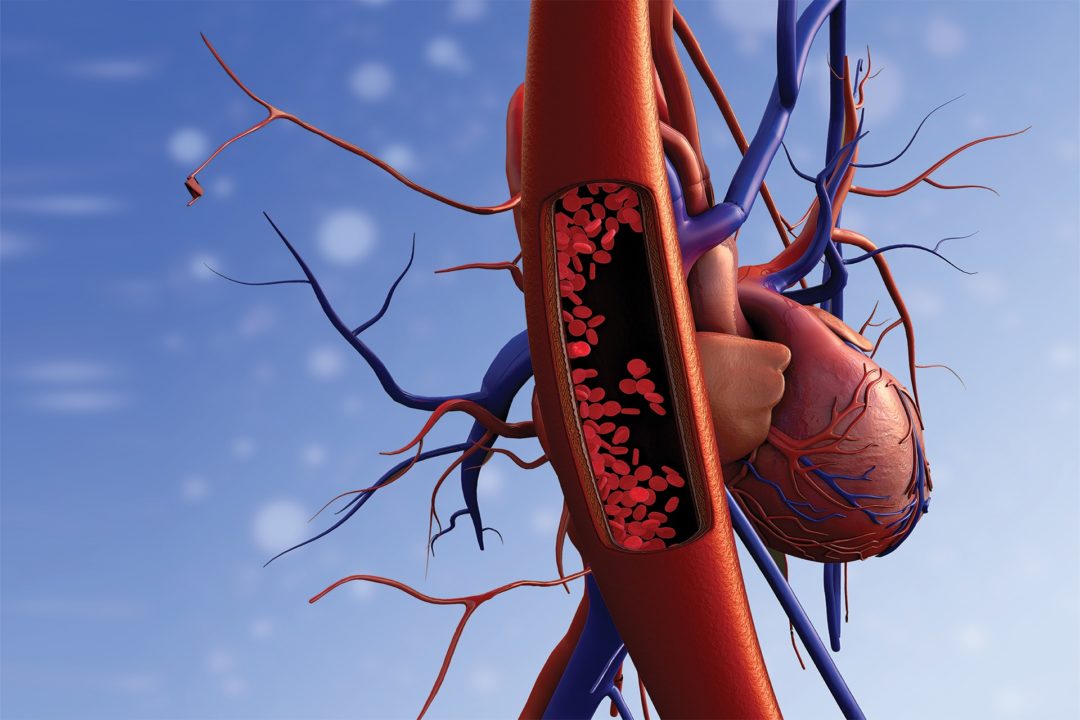While statins are used to treat atherosclerotic cardiovascular disease, the press release notes that intensive statin therapy has been shown to increase vascular calcification and accelerate its progression. The study, published inKaohsiung Journal of Medical Sciences,aimed to find out if there was a relationship between statins and vitamin k-dependent proteins, as a possible mechanism by which statins would increase calcification.
98 patients—including patients with cardiovascular disease (CVD) and a control group of healthy patients at risk for CVD—were split into statin users and non-users. The researchers found that both CVD and statin use are independently and significantly associated with vascular calcification. Coronary artery calcification score (CACS) was more pronounced in statin users than non-users, whether the patients had CVD or not. Finally, statins were shown to interact with vitamin K agonists, directly negatively influencing vitamin K status.
Related: Study Associates Low Vitamin K With CVD Risk COVID-19 Underscores Importance of Heart Health NattoPharma Renews Commitment with University of Maastricht
“NattoPharma has driven research confirming that Vitamin K2 as MK-7 (as MenaQ7) is the only known inhibitor of vascular calcification through the activation of matrix gla protein (MGP),” said Dr. Hogne Vik, Chief Medical Officer with NattoPharma, in the press release. “Yet this new study provides further evidence that statins interrupt the mechanism of action by which vitamin K2 is a cardio-protective nutrient. And while CoQ10 and vitamin K2 are both affected by statins, no recommendation exists for prescribing supplemental vitamin K2 to statin patients.“NattoPharma continues to work with the medical community on trials exploring Vitamin K2 as a potential therapy for patients that express heavy calcification,” Dr. Vik concluded. “We hope to encourage K2 supplementation as a recommendation in the future for statin users; especially considering this new evidence.”










